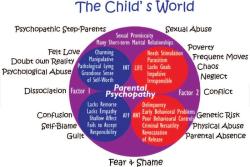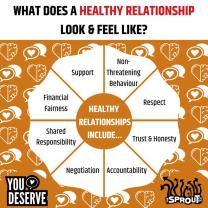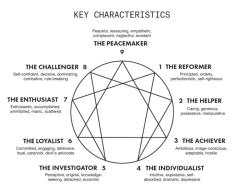What does it mean to be a lover?
To be a lover in the context of relationships means to actively and wholeheartedly participate in a romantic or intimate partnership with another person. Being a lover encompasses a range of emotional, psychological, and behavioral aspects that contribute to a healthy and loving relationship. Here are some key elements of being a lover:
Emotional Connection: Being a lover involves forming a deep emotional connection with your partner. This connection is built on trust, affection, empathy, and vulnerability. It means caring deeply about your partner's feelings and well-being.
Communication: Effective communication is essential in any loving relationship. Being a lover requires open and honest communication, active listening, and the ability to express your thoughts and feelings in a respectful and considerate manner.
Affection and Intimacy: Physical affection and intimacy are important aspects of being a lover. This includes gestures of love and tenderness, such as hugs, kisses, cuddling, and sexual intimacy. Physical closeness can strengthen the emotional bond between partners.
Support and Encouragement: Being a lover means being there for your partner in times of need. It involves offering support, encouragement, and comfort during both challenging and joyful moments. It also means celebrating your partner's achievements and milestones.
Respect: Respect is a fundamental aspect of being a lover. It means treating your partner with dignity, valuing their opinions, and honoring their boundaries. Respecting your partner's autonomy and individuality is crucial.
Quality Time: Spending quality time together is essential for nurturing a loving relationship. Being a lover involves making an effort to create meaningful experiences and memories as a couple. This can include date nights, shared hobbies, and simply being present with each other.
Trust and Loyalty: Trust is the foundation of a strong and lasting relationship. Being a lover requires trustworthiness and loyalty. It means keeping promises, being reliable, and demonstrating unwavering commitment to your partner.
Empathy and Understanding: Being empathetic and understanding means putting yourself in your partner's shoes and trying to see things from their perspective. It involves acknowledging and validating your partner's feelings and experiences, even if you don't always agree.
Conflict Resolution: No relationship is without its challenges. Being a lover involves the ability to navigate conflicts and disagreements in a constructive and respectful manner. It means finding solutions together rather than engaging in destructive arguments.
Continuous Growth: Being a lover is also about personal growth and development. It means being willing to learn and grow both individually and as a couple. It involves adapting to changes and challenges that may arise over time.
Being a lover is an ongoing commitment to nurturing and sustaining a loving and fulfilling relationship. It requires effort, patience, and a genuine desire to create a bond that brings happiness, support, and fulfillment to both partners. Ultimately, being a lover means striving to create a relationship built on love, trust, and mutual respect.












